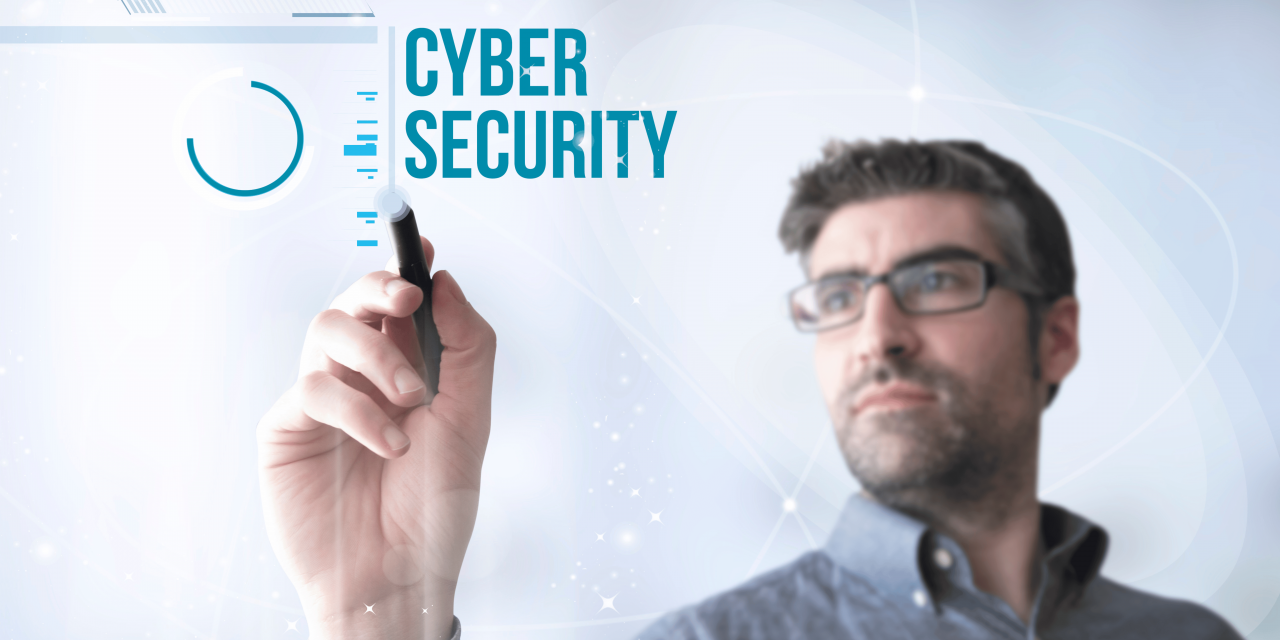Apr 11, 2023 | Tommaso Gagliardoni
The current climate of economical and geopolitical instability unravels at a very delicate moment, when society is experiencing unprecedented technological acceleration, driven by sectors such as AI, nanotechnology, high-performance computing, and the ever-increasing growth of the Internet. Maintaining the safety, security and availability of interconnected systems is becoming harder and harder: not only the complexity is growing so fast that it gets difficult to keep it under control, but the opportunities for malicious players to interfere with the intended behavior of these systems multiply exponentially.
The current global situation contributes to fueling further nefarious motivation to the technical possibility of disruption. Under this scenario, designing and creating infrastructures with a high degree of cyber-resilience should be an imperative priority. Of particular relevance is the defence of information at a logical level: ensuring the confidentiality, authenticity, integrity, and availability of data at rest and in transit.
Cryptography has proven to be an indispensable tool to achieve these goals, and modern cryptographic techniques have evolved considerably in terms of capability and security, but they are based on a paradigm that does not take into account an important technological shift that is going to happen and is happening now: the shift to the world of quantum information processing.
Quantum computing is still at an early stage of development, but it has seen an impressive evolution in the last years, with no sign of changing the trend. Many observers agree on the fact that the peculiar characteristics of quantum computing might very soon allow us to tackle hard engineering and optimization problems, with undoubted benefits for society. However, from the point of view of cybersecurity, the “rise of quantum” is both a blessing and a threat. It is a blessing in the sense that quantum information manipulation might allow in the future applications that are just unthinkable today: peer-to-peer digital money without the use of distributed ledgers, unclonable encryption keys, certificates of data deletion, and much more.
On the other hand, future quantum computers might break the mathematical practice that stands behind the security of most cryptographic techniques deployed today. The possibility of breaking cryptography for the purpose of unauthorized data access and military and industrial espionage is probably responsible for the interest that we are witnessing towards a “quantum race” from many state actors.
Caught in between this war for quantum supremacy, the cybersecurity of civilian applications is also in jeopardy, bringing unthinkable dangers for our modern, delicately interconnected society. This is why government agencies and the scientific community have engaged together to prevent this scenario by standardizing new, quantum-resistant cryptographic techniques that can be deployed today, without waiting for the “too late” moment when and if quantum computers reach cryptographic break capabilities. The adoption of these new standards (sometimes confusingly called “post-quantum”) must proceed quickly if we want to ensure cyber-resilience.
Tommaso Gagliardoni is a mathematician, computer security scientist, cryptographer, and privacy hacktivist. As a quantum security expert, he works with official agencies on international treaties and agreements, and with the World Economic Forum. An expert in blockchain and DeFi technologies, Tommaso has led cryptographic code audits for Binance, Coinbase, ING, Swiss Post, and ZenGo et al. Previously, he worked in the Security and Privacy group, IBM Research.


